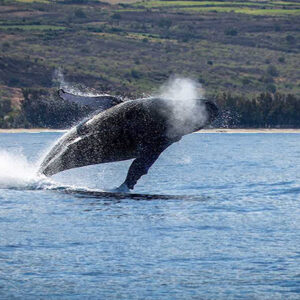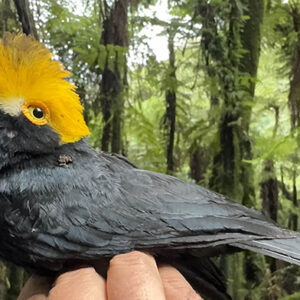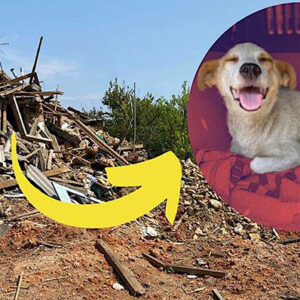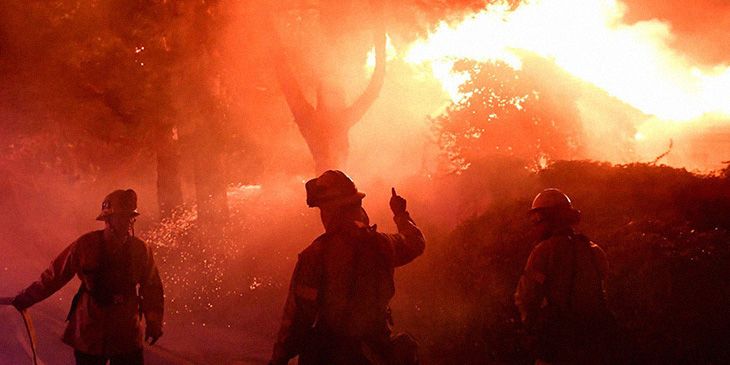
Recent West Coast wildfires raging across numerous states have alarmed California bird lovers that many birds are disappearing or dead. The Birding California group on Facebook have noticed the total silence coming from their backyards, which used to greet them with birds chirping and singing every morning. Examples like “I live in Folsom – have not seen a bird or heard a bird chirp this morning,” resident Jodi Root said. Tammy Saunders said, “Same here in Napa,” and further adds that things have become “very quiet which just adds to the eeriness of the orange colored sky.” Another resident, Karen Holden, this time from Gardnerville said, “We live in Northern Nevada and have noticed the same thing.”
Nearly a hundred veteran birdwatchers from the group voiced out the same concerns. Most noted a sharp decline in birds visiting their feeders and birdbaths. They also noted a thinning-out of a variety of species.
The heatwave and toxic air conditions in California and other western states have not only affected humans. Insects, which wild birds rely on for food, have also been in a state of decline, just like the birds.Unfortunately, the ash falling on West Coast cities is not only from trees and brush, but also charred remains of birds and other creatures caught in the wildfire.
According to a report by Deborah Pertersen of Inside Climate News, the highly sensitive respiratory systems of birds which respond quickly to changing environmental conditions, acts like a global alarm comparable to the caged canary in a coal mine.
Even if not much is actually known how smoke affects bird populations, Andrew Stillman, a doctoral candidate of the University of Connecticut notes that birds constantly live on the edge, and extreme changes have grim effects for their species. He told Inside Climate News, “One thing that is important to point out is we do know high levels of smoke exposure can be harmful to bird.” And they “ cannot escape like humans by going indoors.”
Similarly, the Audubon Society notes that bird scientists and veterinarians agree that smoke can leave a damaging impact on the lung tissue of captive birds, leaving them vulnerable to deadly respiratory infections.
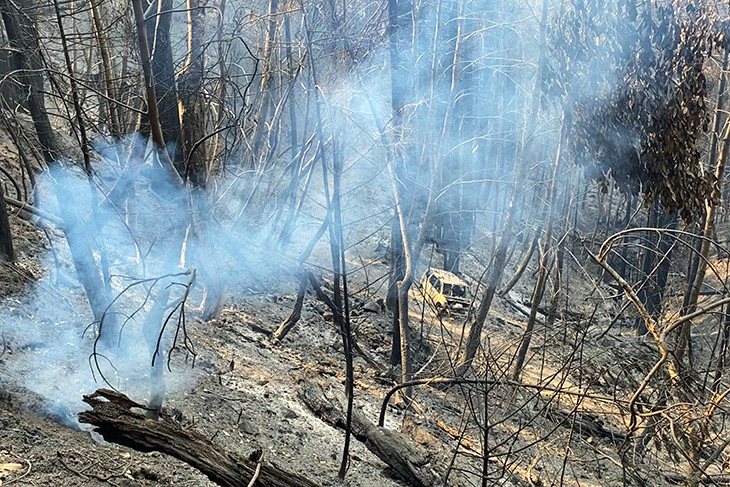
Olivia Sanderfoot, a National Science Foundation Graduate Research Fellow, at the University of Washington in Seattle, who studies the impact of air pollution on birds, said, “We do know that exposure to particulate matter, which of course is of great concern for human health, can affect birds as well.”
And the still raging fires have not given researchers much of a chance really to study the population of birds along the west coast, it is evident that the massive plumes of smoke from over 85 fires is affecting bird populations tremendously. Sanderfoot notes that bird activity declines during smoke events. Together with Tracey Holloway in a 2017 paper, she wrote that “Birds have long been recognized as sentinel species for environmental change.” The paper concluded that “ Exposure to air pollution clearly causes respiratory distress in birds and increases their susceptibility to respiratory infection,” aside from complications to bird reproduction.
Yet, the science of the effect of wildfire smoke on birds remains largely underdeveloped. Sanderfoot explained, “We know pretty much nothing about the long-term impact of smoke on birds.”
In fact, most of the research on birds only covers a small amount of species, and studies mostly focus on pollution rather than wildfire smoke. Sanderfoot and Holloway wrote, “Of the roughly 10,000 species of birds known worldwide, only a few have been studied to characterize avian responses to air pollution, and the animals used in laboratory experiments may not be representative of the wild bird species most at risk from air pollution.”
Sanderfoot and fellow researchers are currently conducting research in Washington, a state affected by the most toxic air pollution recorded recently. Sanderfoot and her team are planting cameras and microphones in areas where the smoke is dense to find out if bird songs decrease in these areas.
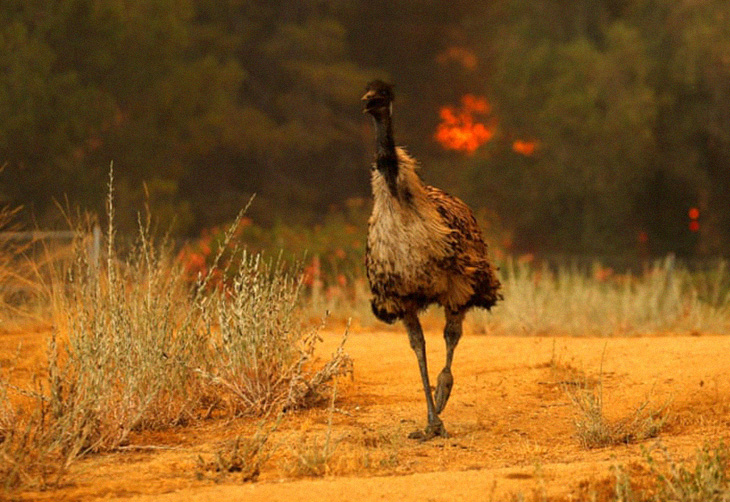
A nursery volunteer from Los Altos, California, Tara Sears Lee, also noted the dreadful impact of hazardous smoke on birds recently. Her Facebook account said, “Outside for 6 hours yesterday and no jays, crows, ravens, quail, turkeys, or hawks – all usual and very vocal visitors. Only hummingbirds, juncos, towhees, and titmice. Worst of all was a dead hummingbird just lying on the ground – had heard they are being overcome by heat and smoke and just drop dead.” Several bird lovers from across the state are also posting on Facebook about dead hummingbirds. And on the reverse side, a larger number of birds at their backyard feeders, evidence of forced migration caused by the fires and smoke.
Charlotte Trethway Noriega posted on Facebook, “I think all the birds came to my house south of San Jose. sometimes there will be more than 40-50 out there.”
In her article, Petersen explained that bird populations in North America have significantly dropped by 29 percent (3 billion birds) since 1970. Similarly, a 2019 study explained that widespread high temperatures resulting from climate change are likely to drastically change migration patterns of bird species. Nesting places have also lessened due to pastures and grasslands being converted to crops. And insects diminished by pesticides also contribute to altered migration patterns of birds.
But, Stillman still finds traces of hope in his research of birds that have survived in areas hit by wildfires. Blackbacked woodpeckers are seen returning to burned-out areas to feast on the larvae of wood-boring beetles that thrive on trees burned by the fires. However, Stillman cautions that the new generation of “mega fires” like what is currently plaguing the West Coast is far more destructive than past wildfires. And how “Birds are responding to this new normal” is still up in the air.
What are your thoughts? Please comment below and share this news!
True Activist / Report a typo
